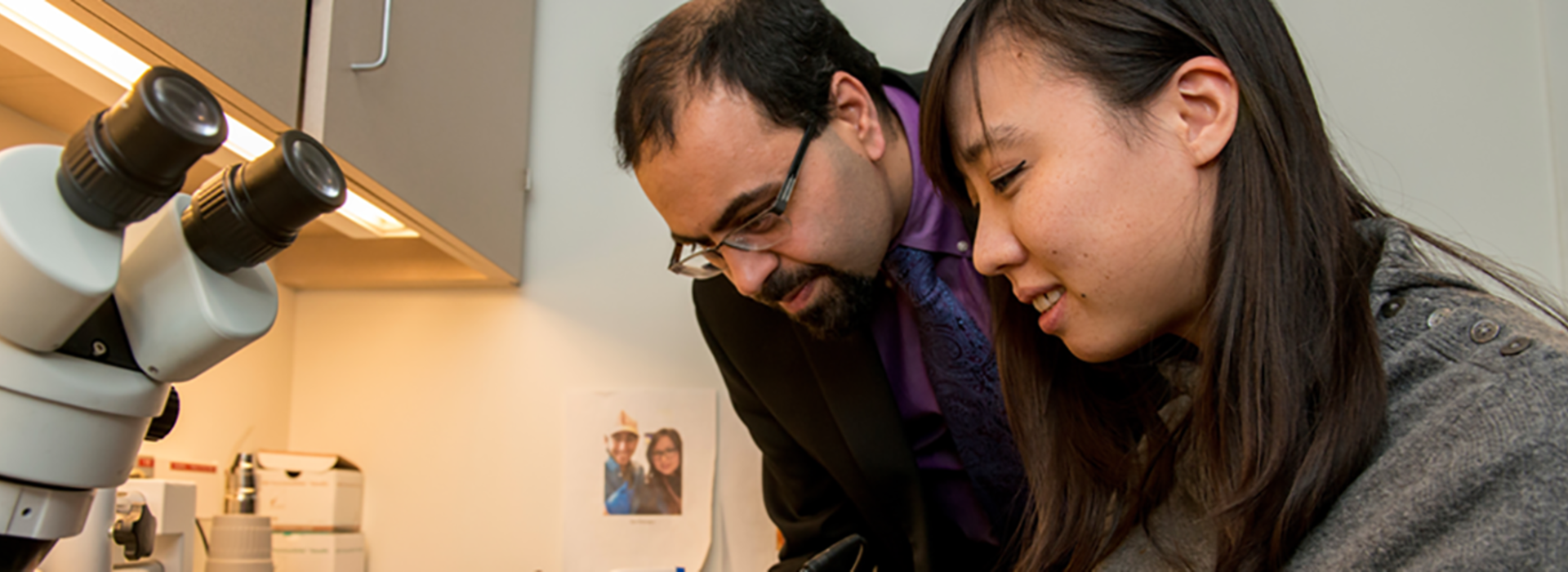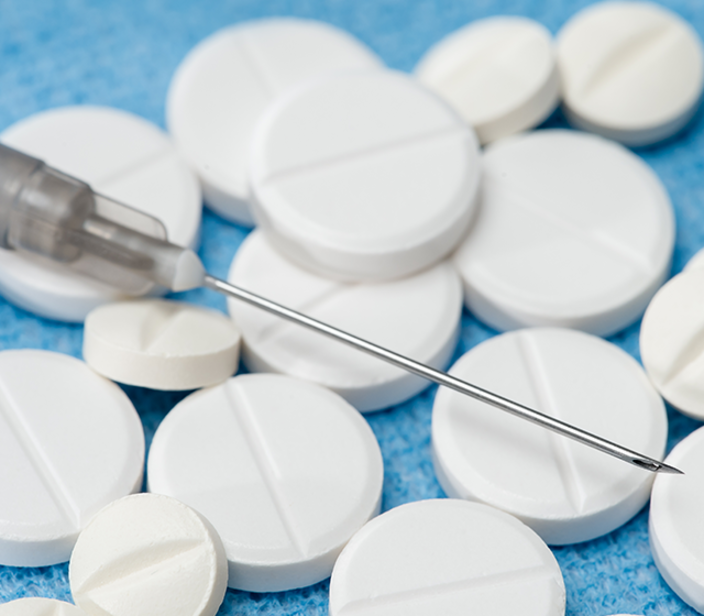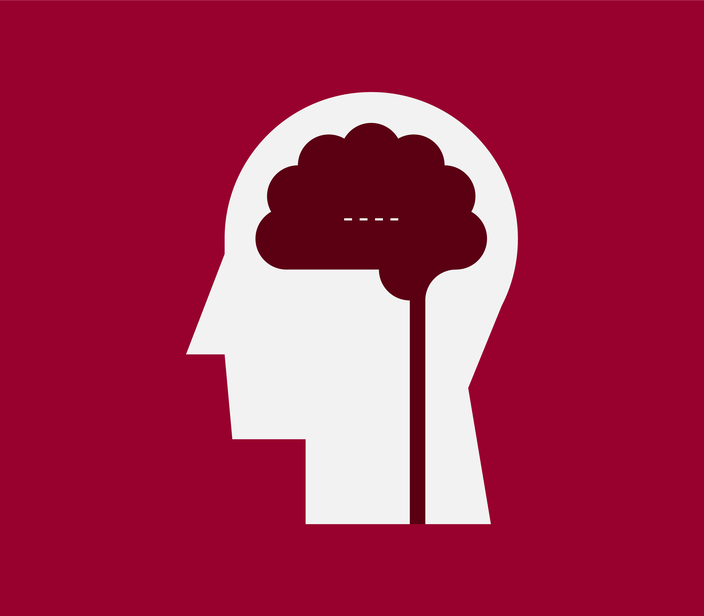
Research
PEOPLE AND TECHNOLOGY ARE KEY TO REALIZING OUR VISION
Every day, we endeavor to transform how we view and treat addiction. Harnessing the power of people and technology are key to realizing this vision. Our strategy is to build a team of researchers and clinician-scientists with complementary and synergistic expertise across the spectrum of addiction science and give them cutting edge tools with which to conduct high impact brain science leading to new, effective therapies for addiction.
Research Highlights
NIDA Core Center of Excellence: Center for Neural Circuits in Addiction
The Brain science of drug addiction has progressed through phases, each driven by knowledge gaps and enabled by technical advancements. We are now in the third phase - the study of neural circuits in addiction. At the University of Minnesota, our team members are on the forefront of the technological innovations needed to contribute to the neural-circuit phase of addiction research. Learn more about our Center for Neural Circuits in Addiction, a NIDA Core Center of Excellence, and the people and tools that will enable high impact discoveries leading to new, more effective therapies for addiction.


